Broaden Your Travel Horizons through Home Exchange
Discover the benefits of home exchange: save on lodging, enjoy more space, and experience local culture in your travels without high costs.

Explore the World

The sun glistens through the window, as we awake to the sound of songbirds on our first morning in Oahu. The sailboats are swaying gently against the current in the marina below, and four-inch coral creeper blooms line the path to the water. My husband leans in and whispers, “this is the only way to travel.”
Our 10-day home exchange to Oahu Hawaii included a three-bedroom condominium on a marina, within a mile from Hanauma Bay, a car exchange, and pet care.

With housing being one of the most expensive parts of travel, we reduce costs to transportation, food and entertainment, saving us thousands a year in travel, and creating more opportunity to explore new places. At Home Exchange.com, “We’ve estimated our average member saves $3,500 a year on travel. For some it’s much more. The last I calculated my savings it was over $30,000 since I joined.”

My family has been exchanging homes with strangers for over a decade and explored the likes of Hawaii, the Caribbean, Australia, Key West, Niagara Falls, and Washington DC, without coughing up money for lodging.
What is a Home Exchange or House Swap?
House swaps have been around for a while and with the popularity of new sharing platforms, house swapping is moving into the mainstream. Service companies, like Home Exchange.com and LoveHomeSwap.com, are expanding exchange options, building strong support teams, and escalating the possibilities, giving frugal families more ways to find homes in the destination of your choice.
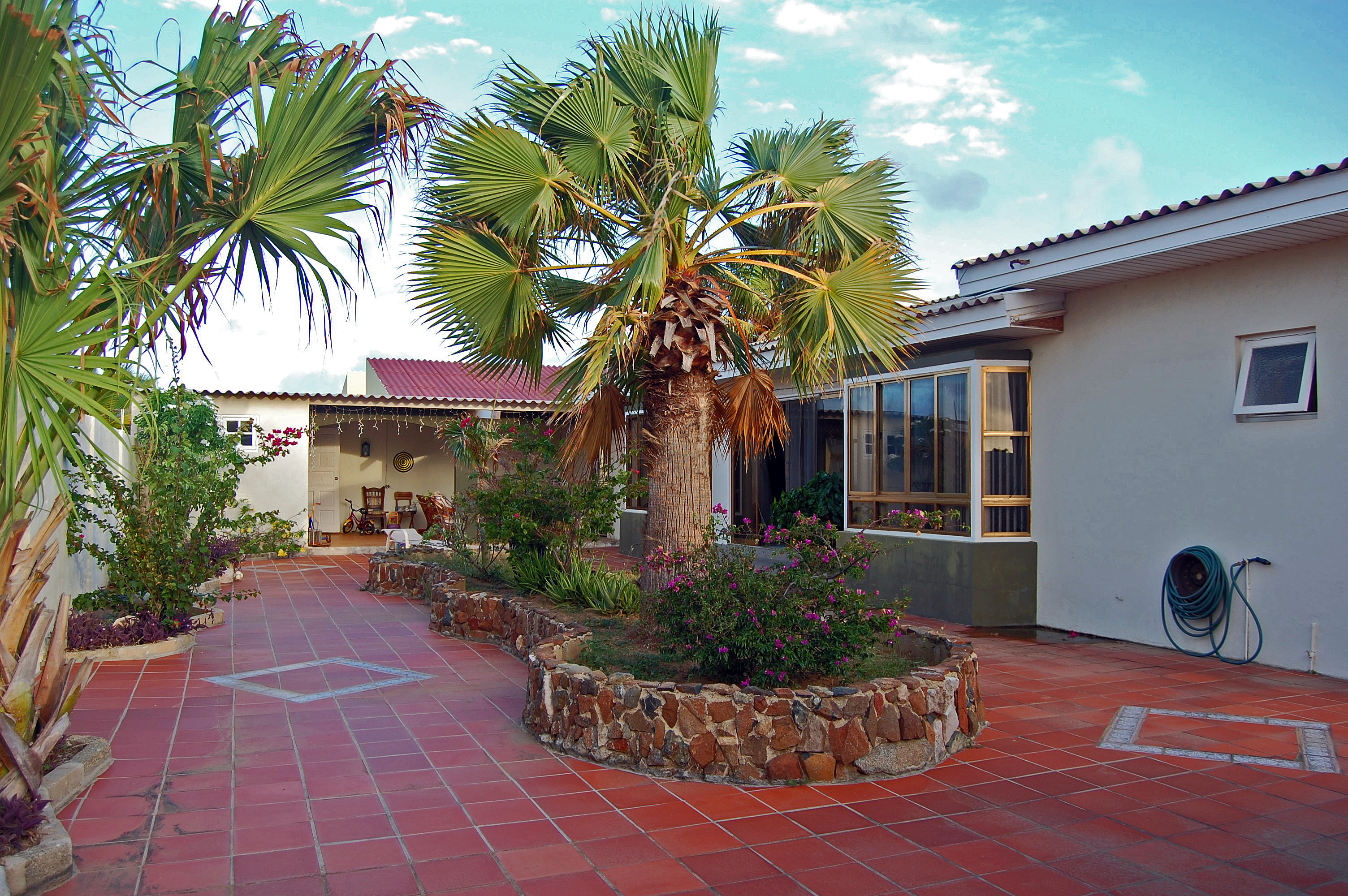
In the words of the Homeexchange.com team, “If you can dream it, you can likely find it on our site. We even have Luxury Yachts and Treehouses!” We found our own bit of luxury on an Aruba house swap.
Types of Exchanges
Simultaneous House Swap
A simultaneous house swap occurs when both families travel to homes at the same time. You find someone who wants to come to your city and agree on dates for the exchange. It requires coordination and flexibility to accommodate the needs of both families.
Non-Simultaneous Home Exchange
The non-simultaneous home exchange involves two families who want to explore opposing cities but require travel at different times. A second home can utilize non-simultaneous exchanges for increased travel opportunities. It is easier to coordinate the trip, and everyone travels at their convenience.
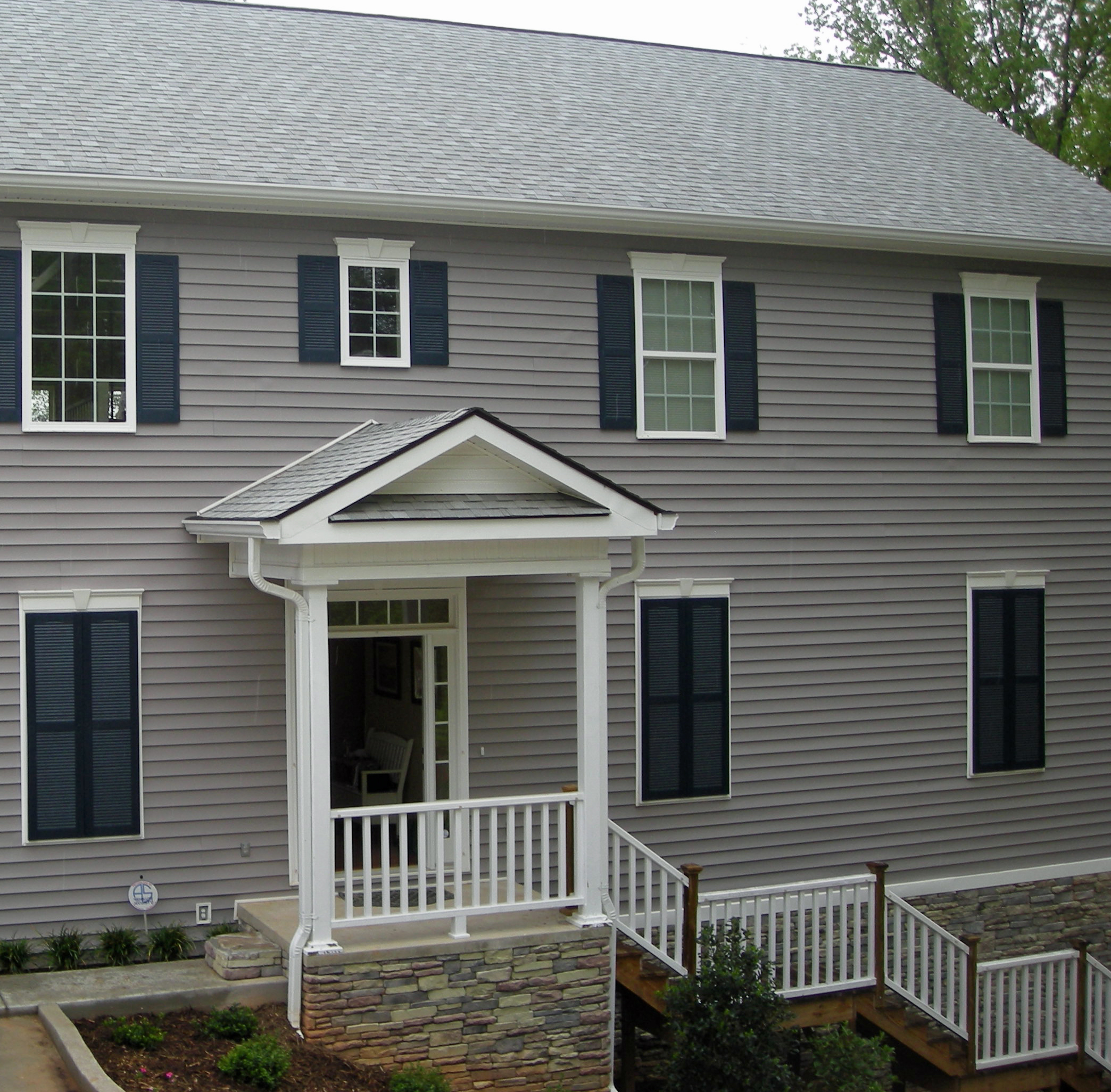
We do not have a second home, yet complete many non-simultaneous exchanges. When families want to visit our home, we arrange time away using another form of lodging. Business trips, visits with family, camping, and even staying with friends locally are options.
Hospitality Exchange
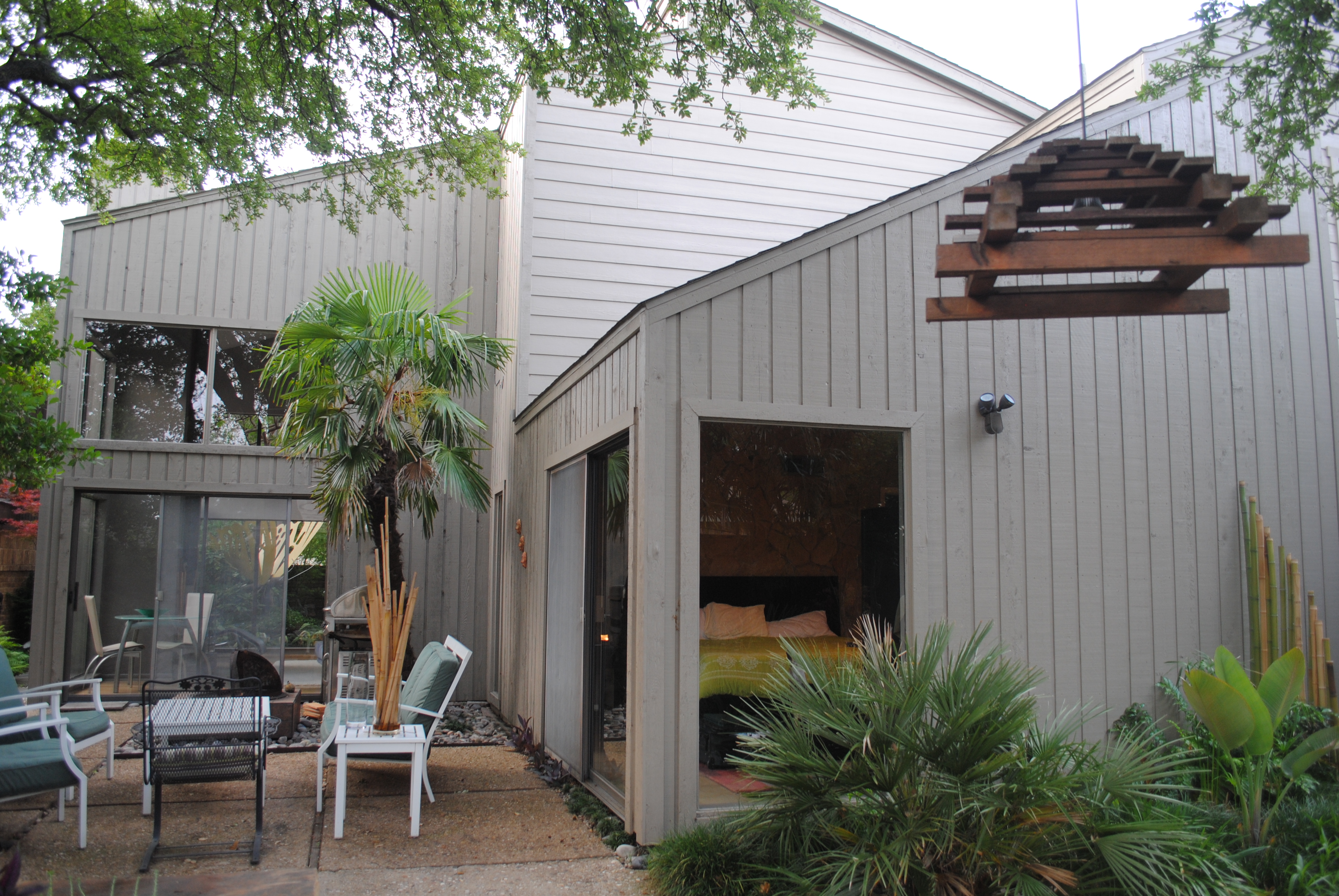
A hospitality exchange is another way to accommodate a non-simultaneous exchange. We can host a couple for a week, and then stay in their second home when it is convenient for us to travel. A hospitality exchange simply means we are in our home when the family visits. I enjoy these because there is the opportunity to get acquainted with the family.
Another time we utilize hospitality exchanges is when travel schedules overlap, sometimes intentionally. For example, when we planned our last trip to Australia, we arranged to return a few days early to spend time with the couple staying in our home. Without a hospitality element, it is common for families never to meet in person.
Non-Reciprocal Exchanges
Non-Reciprocal Exchanges are the newest form of house swap. LoveHomeSwap introduced a points system in 2013, upgrading to a new flexible system a year ago, giving members more control in establishing a point value for their home. Home Exchange.com introduced non-reciprocal exchanges in 2016. With only three years in the market, non-reciprocal exchanges have, “recently overtaken simultaneous swaps as our most popular way to travel,” per a LoveHomeSwap representative. “Around 60% of trips are now booked with points.”
Non-reciprocal exchanges open the door to connecting travelers without having to match destination interests. Now we can use points for a stay in Paris transferring the required number of points for our stay to the host family. They may use those points for travel to New York, transferring their points to the New York host. As points move around, exchangers gain more freedom and easier access to travel.
Benefits of a Home Exchange
Zero Lodging Expenses
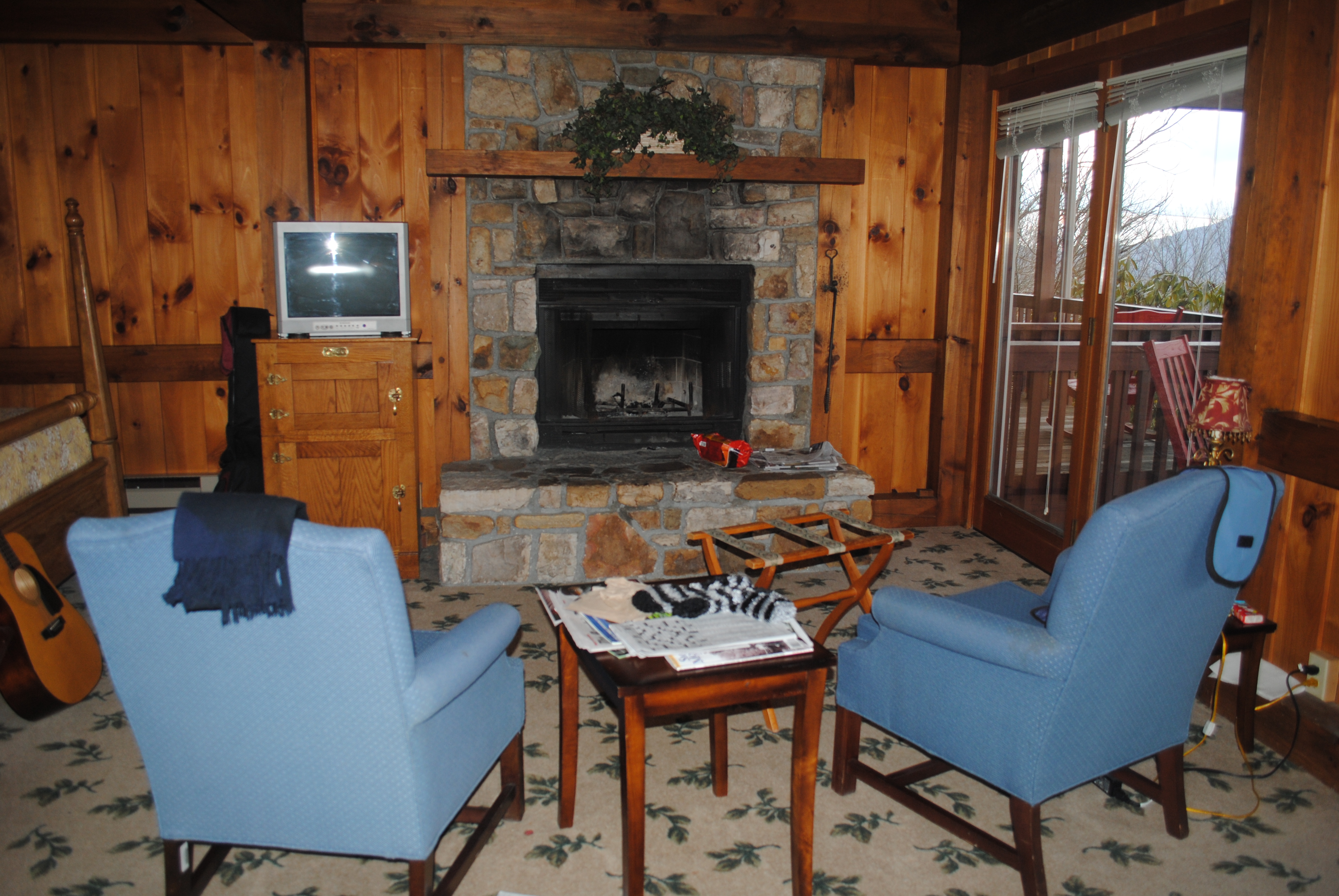
Home exchange companies charge a monthly or annual membership fee for unlimited exchanges. There are no additional fees charged to complete as many exchanges as you please. Home Exchange.com features 65,000 homes from 150 countries and includes all the above exchange options, with non-reciprocal in its first year. LoveHomeSwap.com includes a database of over 100,000 homes in 160 destinations, with a very attractive points system for non-reciprocal swaps.
Additional Space
Instead of a 325-square foot cramped hotel room, you gain all the square footage of a home. You enjoy their kitchen, living room, and often multiple bedrooms. The exchange often puts you in a neighborhood, instead of on the tourist strip, which offers a chance to meet the neighbors and get a feel for the community and culture. A completely different experience than staying among tourist venues. I feel like a traveler instead of a tourist. We have exchanged for a home in Washington DC during my husband’s annual running of the Marine Corps marathon.

Save on Food
Use of the kitchen allows for meal preparation, if we choose. Sometimes we want to stay in and have a gourmet breakfast, or entertain with a romantic candlelight dinner for two. During our stay in Aruba, the family housekeeper took the time to teach us how to prepare an authentic Netherlands meal. Not an experience found in a hotel.
Extend Your Travels
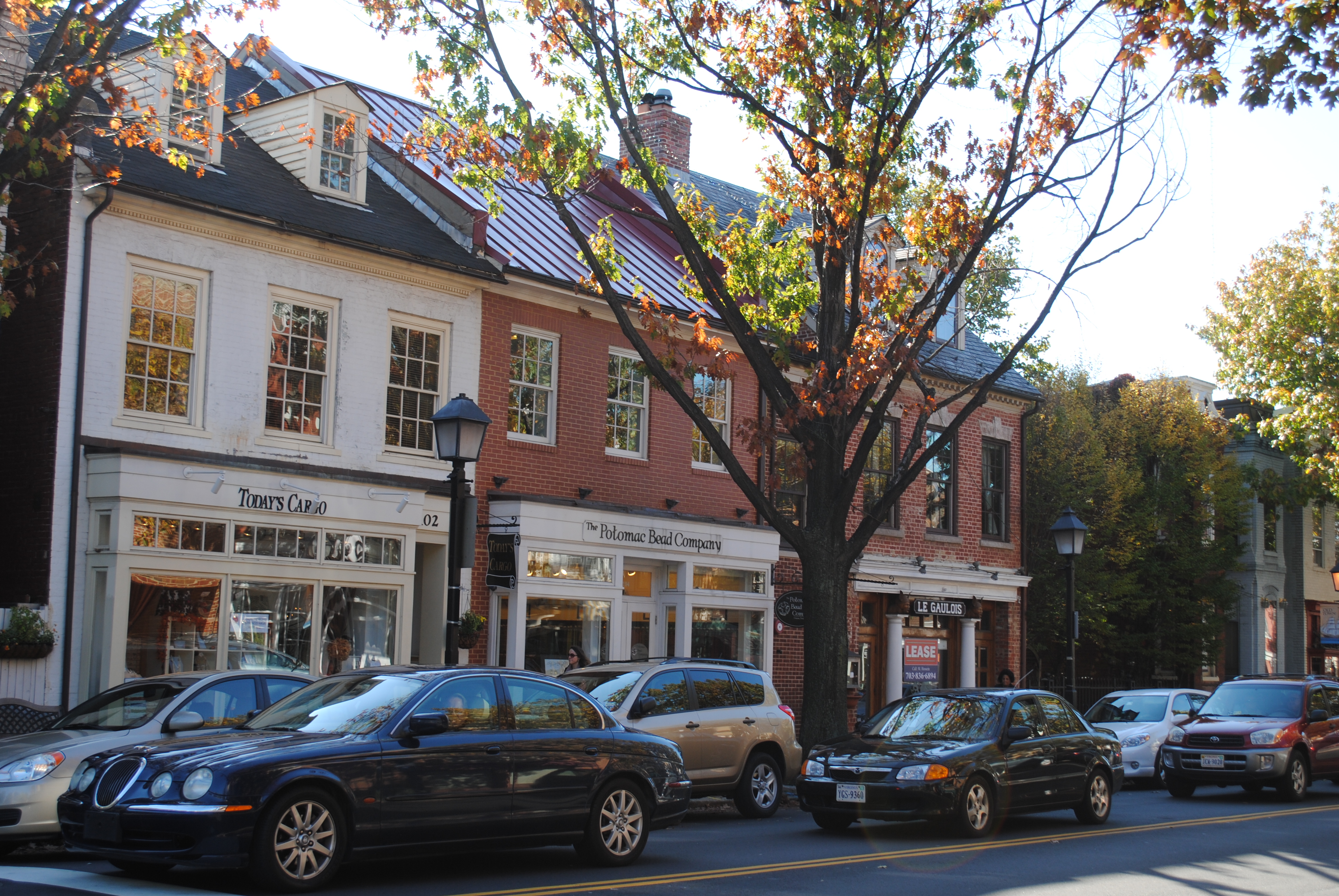
Lower costs can equal longer stays that broaden your travel horizons. We have completed swaps that were long weekends to trips lasting over a month. The financial savings found in home swaps can lead to longer stays and broaden your travel horizons. LoveHomeSwap estimates their average exchange is 9 days, and average non-reciprocal exchange at 7 nights.
Retirement, summer travel, and international destinations open the door for longer exchange opportunities. Many couples traveling for longer periods of time arrange back to back exchanges to explore their new home more fully. Next year we will spend two weeks in the North Island of New Zealand and two weeks in the South Island using multiple exchanges.
What does an exchange include?
Besides the home, there are other benefits which often include:
• Use of a vehicle is common when you fly to the destination
• Pet sitting and plant care
• Access to non-motorized sports equipment such as kayaks or bikes
• Transportation passes, and local discounts which might include simple things like grocery store cards, or metro passes.
• Trip planning. One of the big benefits of a home exchange is help with planning the trip. The owners can point you in the right direction and steer you away from overrated activities. You get the insight of the local.
Who Can Join
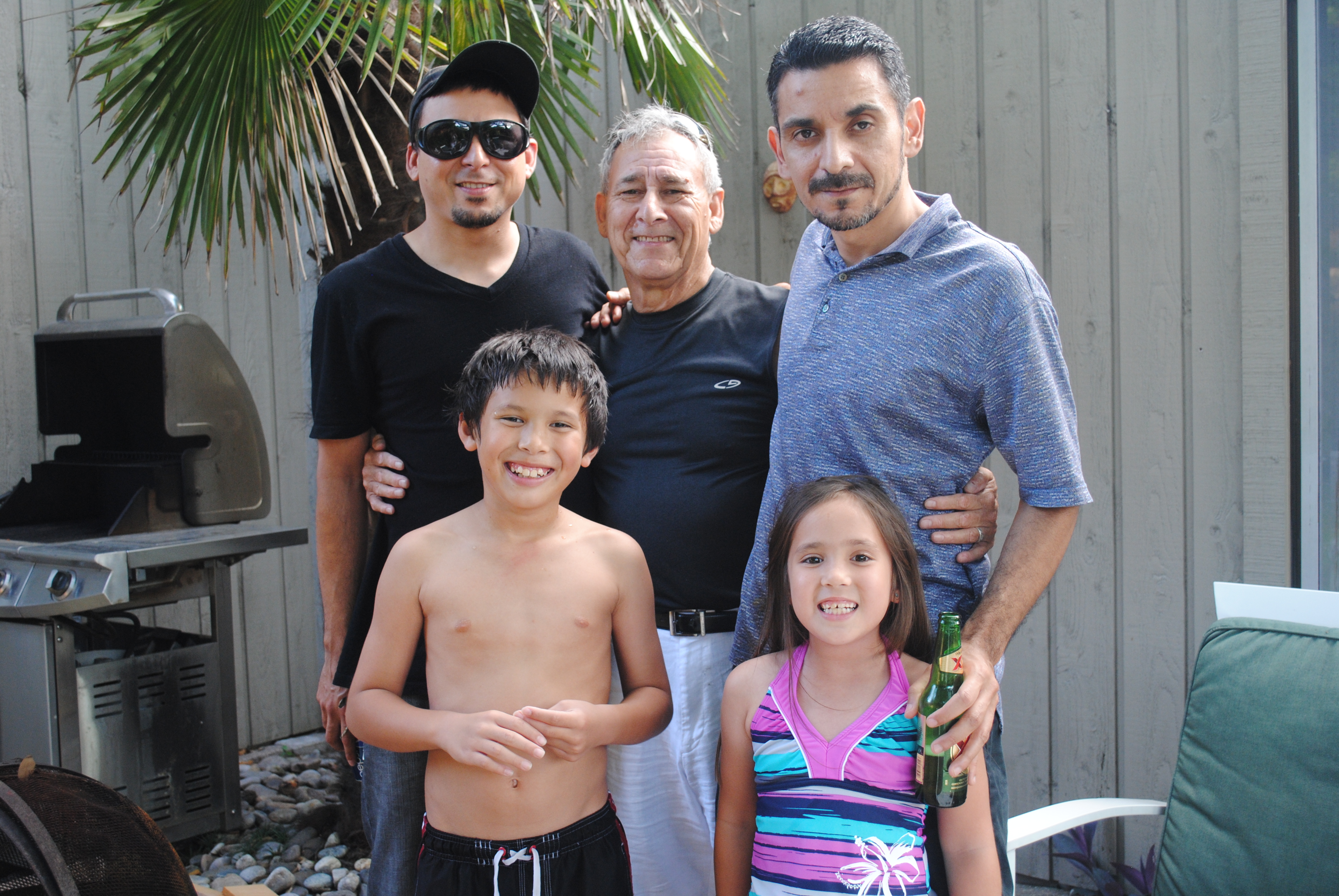
Both homeowners and renters can participate in a house swap. Also, it is not necessary to live in a popular tourist destination to complete exchanges. You might be surprised how many people want to see your part of the world. We have had families travel to our city to visit children or grandchildren, reunite with friends, or check out job prospects. A house swap in Dallas accommodated a mini family reunion for our family.
Points programs like those offered at LoveHomeSwap and HomeExchange.com benefit those in less popular places because you don’t have to find a reciprocal match.
House swapping does require a sense of adventure and a willingness to take a chance on strangers. We chat with families on Skype and converse through email over the course of trip planning. By the time we complete the exchange, we have made new friends.
Homeowners association rules typically do not interfere with a house swap because no money changes hands. Renters may need approval from a landlord if the lease contains guest restrictions. In the end, you determine the terms. Some families do not accept children, pets, or smoking. Others allow all three. It depends on the home and the comfort level of the exchanger.
How Do You Get Started?
Choose a company, sign up, and establish your profile. The profile is a chance to market your town and home. Good pictures and detailed lists of things to do in the area will attract others. Most exchange families are open to new places and experiences and those who make the most of home exchanging are proactive and send requests often.
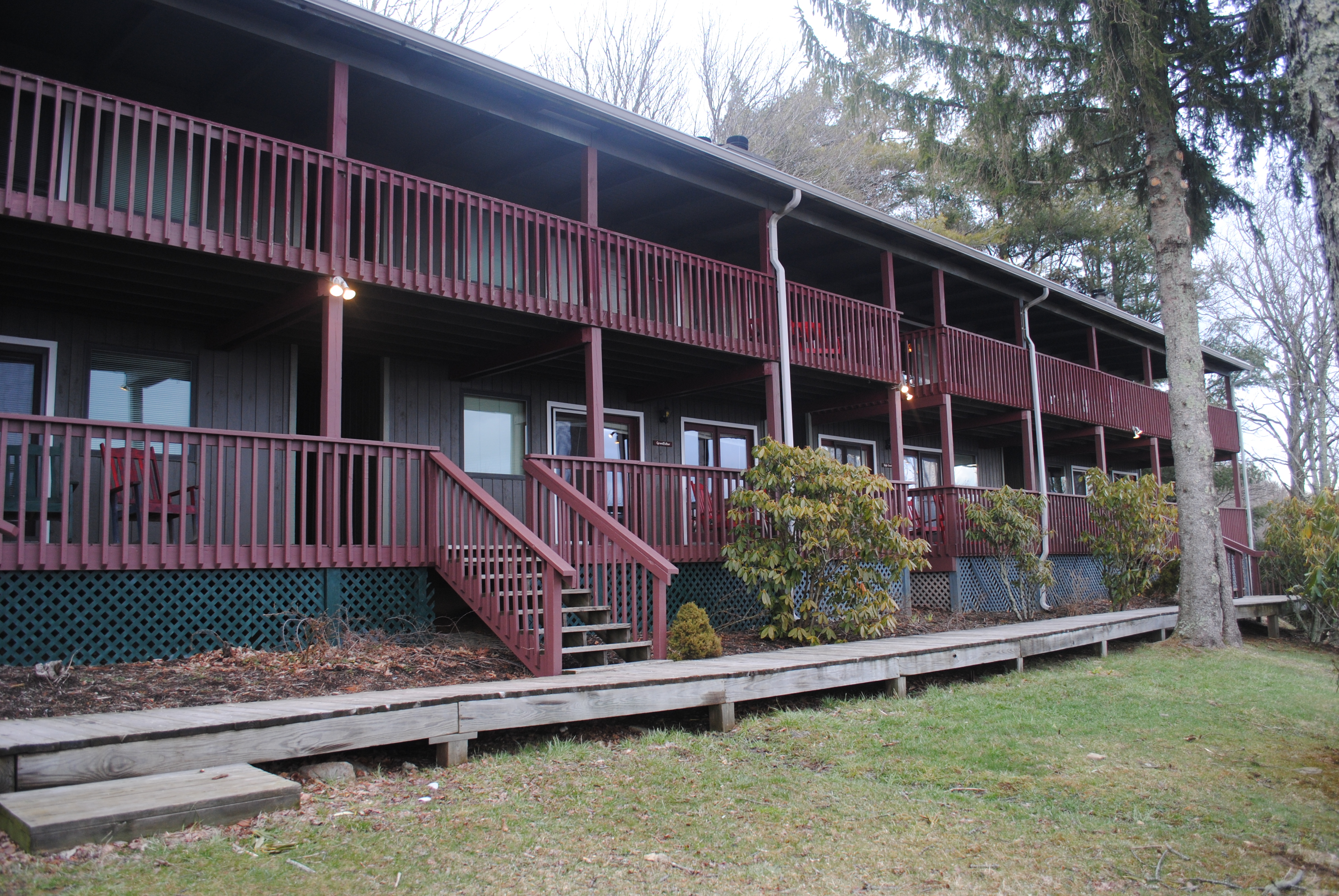
Website membership typically offers guarantees of an exchange or a trial period. Take advantage of these offers to get comfortable with the process. It is not as intimidating as it first appears. Once you are registered, search for destinations of interest, and review the profiles of families interested in your state or city. Once you locate potential homes, send an email to start the conversation. Our stay at this mountain retreat started with an exchange of information.
A home exchange offers a lot more than saving money on lodging costs. Becoming part of a local neighborhood will broaden your travel horizons in unexpected ways. I have found families are both friendly and generous. We all love to travel, and this is an avenue that opens the door to more cost-effective adventures, while enjoying the comforts of home. Home exchange really is the best way to travel.





